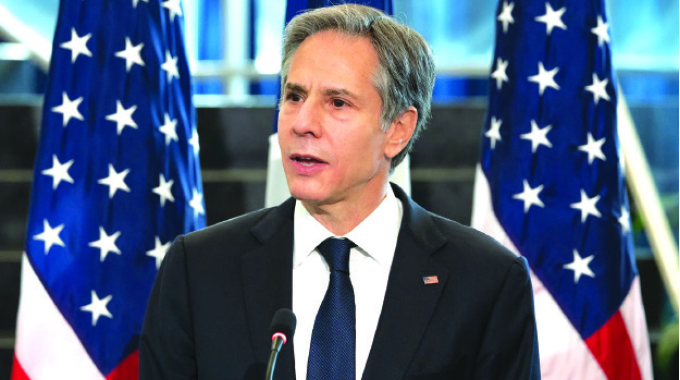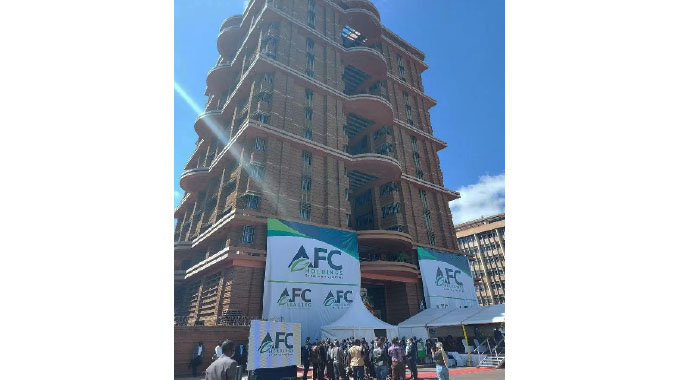High temperatures: Fresh produce farmers record huge losses
Sharon Shayanewako
THE current high day temperatures have inflicted heavy losses on fresh produce farmers trading at Mbare Musika with vegetables and fruits deteriorating under the scorching heat in the absence of sheds or storage facilities.
Knowledge Transfer Africa (KTA) chief executive officer Mr Charles Dhewa yesterday said the high temperatures had become the biggest threat to the smallholder fresh produce sub-sector, the majority of farmers traded their goods in the open at Mbare Musika where they are quickly losing their economic value under the blistering sun.
Poor infrastructure at Mbare Musika has perceived a threat to horticulture farmers as their commodities are quickly perishing due to exposure to direct heat, leaving them with little or no economic returns.
Said Mr Dhewa: “Farmers are incurring heavy losses in fresh commodities like fruits and vegetables due to excessive heat, for example, for every 100 tomatoes almost 60 may not be sold because they are lost due to heat. Poor infrastructure at the market is a big issue. All our markets really need better sheds, better cooling facilities so that we store our produce safely from excessive heat, which is depriving farmers of profits. This is a big issue that needs to be addressed.”
Mr Dhewa challenged the Ministry of Lands, Agriculture, Fisheries, Water and Rural Development to invest in infrastructural development at fresh produce markets in the same manner it is doing with development partners in developing irrigation infrastructure and irrigation schemes.
“Markets need better cooling sheds, better cooling facilities for storage so that farmers sell their commodities in a conducive environment to reduce losses.”
Deputy director Strategic, Policy Planning and Business Development in the Ministry of Lands and Agriculture, Mr Freeman Gutsa also commended that better infrastructure should be put in place at the markets.
“It is important to support infrastructural development at markets while route consolidation strategies should be put in place to ensure that horticultural farmers have maximum economic returns,” he said.
Horticulture is receiving support under the Horticulture Recovery and Growth Plan, which is aimed at improving food security as well as incomes in line with Vision 2030 of achieving an upper-middle income economy.
“Horticulture has a critical role in Zimbabwe’s economy and it does set the tone for the achievement of the national vision, which articulates the collective aspirations of the people of Zimbabwe of becoming an upper-middle-income society by 2030,” added Mr Gutsa.
The Horticulture Recovery and Growth Plan was initiated to give impetus to the horticulture industry’s recovery after its performance dipped in recent years due to various economic issues.
Essentially, the Government aims to increase agriculture’s contribution to US$8, 2 billion by 2025 to reverse the decline in food production through the Horticulture Recovery and Growth Plan and revive serious trade on both domestic and export markets.
President Mnangagwa has since pledged to resolve land tenure matters and place agriculture at the epicentre of Zimbabwe’s economic policy with particular focus on exports, aided by the relaxation of export procedures.










Comments